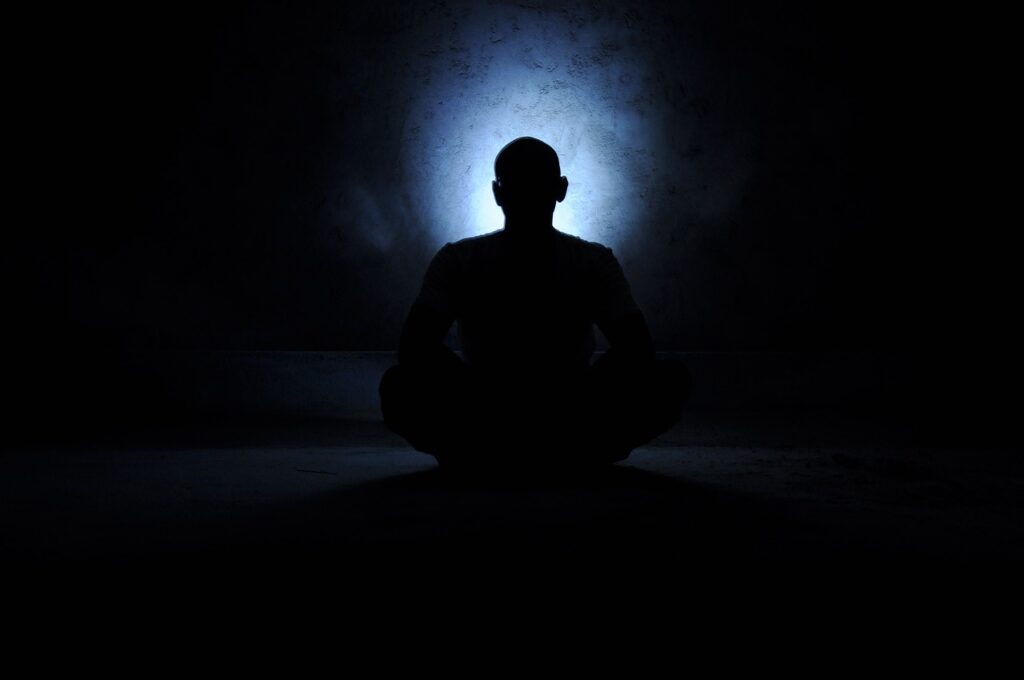Medieval History
Medieval History is a period of World History that serves as a bridge between ancient and modern times, from the year 500 to 1500 of the modern era. In many ways this is a period of transition. A transition from the primordial glory of the god-like civilizations of the ancients, to the dawning of the modern world with the birth of science, and the industrialization, secularization, and democratization of much of the world. A transition of people from their ancient achievements, to modern heights.

The term medieval was originally used to refer to a phase in the History of Europe, the Medieval Period, also called the Middle Ages (from 500 CE to 1500). In Europe the Middle Ages bridge the gap between antiquity and the modern era. Those who study World History professionally call this the Post-Classic Period, which spans the same frame of time as the Middle Ages of Europe (about 500—1500). I chose the same time frame independently. Not by accident, but because it makes sense as a logical division.
Medieval scholars called the time they lived through the Dark Ages. In their mind, the time they lived did not shimmer with the same resplendent glory of Greece and Rome in classical times. Not surprising, because during the Middle Ages plague might have killed half the population, along with war, famine, and a little ice age. Yet as Medieval History comes to a close in Europe, a great transformation comes in the form of the Renaissance — literally the “rebirth” of past glory in art, science, and culture of Europe.
While the beginning of the period doesn’t fit well with the historical periods of the major civilizations around the world at the time, the end date lines up quite well, for a reason with some infamous consequences. The revolutions of the Renaissance led directly to a boom in science, technology, art and industry that forged the great nations of Europe and the British Empire. Increasing globalization and multiple attempts at world domination changed the world.
While the start of the Medieval Period is arbitrary in the context of world history — cultures around the world are living through their own local history on their own terms, with no knowledge of distant lands except in whispers — by the end, a new phase of global synchronization had begun. Ships from distant empires had crossed the oceans, bringing peoples, nations, and empires into contact that had never known one another before.
In Ancient History the world saw the emergence of the first high-civilizations, which spread, were refined, and crystallized over thousands of years to create the shining jewels of Classical History. The middle years of the Medieval Period saw evolution of world cultures from the past heights into the modern era.
Cite This Article
MLA
West, Brandon. "Medieval History". Projeda, December 2, 2023, https://www.projeda.com/medieval-history/. Accessed May 2, 2025.
